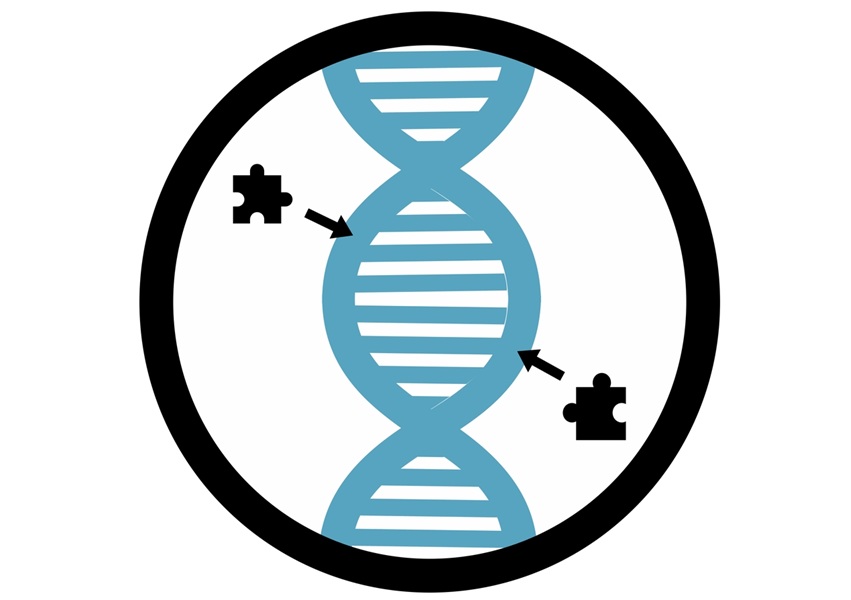T-Lymphoblastic Leukemia Stem Cells Identified and Isolated
By Labmedica staff writers
Posted on 04 Jun 2008
Scientists have identified and isolated stem cells responsible for T-lymphoblastic leukemia an aggressive and deadly cancer that can occur in both children and adults.Posted on 04 Jun 2008
The discovery may lead to new methods for predicting cancer recurrence and ultimately therapies that target these leukemia stem cells, attacking the disease at its very root and killing the early cells that give rise to the mature cancer cells.
Stem cells are believed to be responsible for the origin of many cancers and their ability to become drug-resistant and spread throughout the body. Current cancer therapies do not target cancer stem cells, only the cancer cells that are generated by them. Scientists believe that the cancer stem cells--a very small population when compared with mature cancer cells--lay dormant while cancer cells are killed. Later, the cancer stem cells begin to self-renew and differentiate into malignant cells, causing a recurrence of the disease.
A team of scientists from the University of California in Los Angeles (UCLA; Los Angeles, CA, USA), led Dr. Hong Wu, a professor of medical and molecular pharmacology, and a scientist with the Eli and Edythe Broad Center of Regenerative Medicine and Stem Cell Research (Los Angeles, CA, USA) identified a type of leukemia stem cell and uncovered the molecular and genetic mechanisms that cause normal blood stem cells to become cancerous.
The cancerous cells were studied in mouse models that developed T-cell leukemia, and a sorting method that sought out certain cell surface markers helped to identify the leukemia stem cells. Those cells were isolated and then transplanted into other mouse models that then developed T-cell leukemia, a sign that the team had been successful in finding the leukemia stem cells. The team also studied the cells at the molecular and genetic level to uncover those mechanisms.
The alterations that contribute to leukemia stem cell formation were found to be the deletion of the PTEN tumor-suppressor gene, a chromosomal translocation involving c-myc, a gene known to result in cancer that is usually regulated, and the activation of a cell signaling pathway called beta catenin.
The discovery may lead to new methods for predicting cancer recurrence and ultimately therapies that target these leukemia stem cells, attacking the disease at its very root and killing the early cells that give rise to the mature cancer cells.
"One of the main challenges in cancer biology is to identify cancer stem cells and define the molecular and genetic events required for transforming normal cells into cancer stem cells,” said Prof. Wu. "With this study, we've been able to do that in one type of leukemia.”
The study appears in the May 22, 2008 issue of the journal Nature.
Related Links:
University of California in Los Angeles
Eli and Edythe Broad Center of Regenerative Medicine and Stem Cell Research













